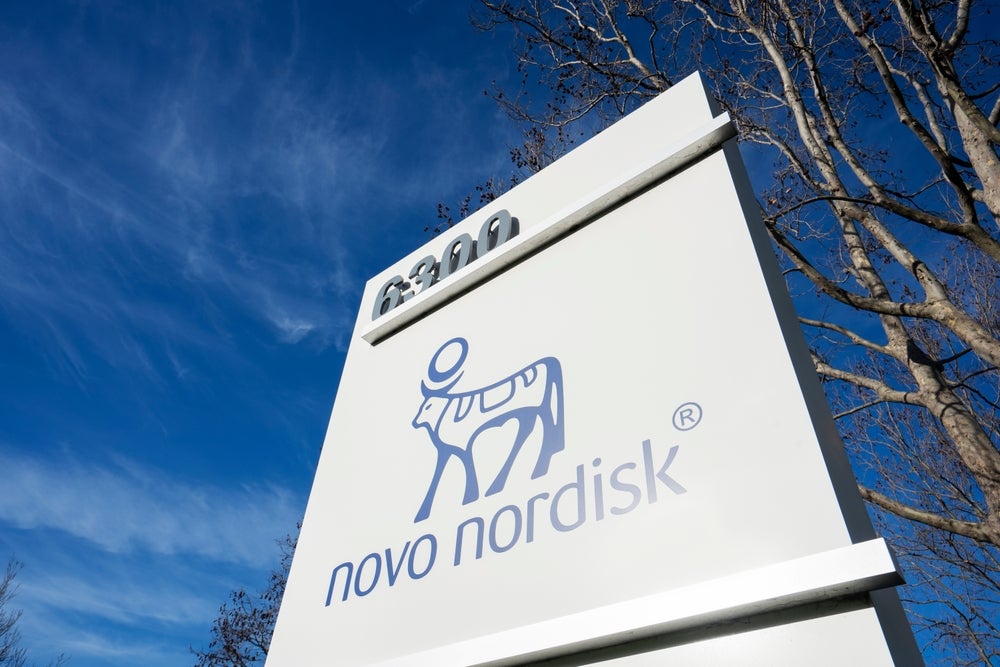Pembrolizumab by Merck for Mycosis Fungoides: Likelihood of Approval
Pembrolizumab is under clinical development by Merck and currently in Phase II for Mycosis Fungoides. According to GlobalData, Phase II drugs for Mycosis Fungoides have a 50% phase transition success rate (PTSR) indication benchmark for progressing into Phase III. GlobalData's report assesses how Pembrolizumab's drug-specific PTSR and Likelihood of Approval (LoA) scores compare to the indication benchmarks. Buy the report here.GlobalData tracks drug-specific phase transition and likelihood of approval scores, in addition to indication benchmarks based off 18 years of historical drug development data. Attributes of the drug, company and its clinical trials play a fundamental role in drug-specific PTSR and likelihood of approval.Pembrolizumab overviewPembrolizumab (Keytruda) is an antineoplastic immunomodulating agent. Keytruda is formulated as solution, lyophilised powder for solution, solution concentrate for intravenous route of administration. Keytruda is indicated for the treatment of patients with unresectable or metastatic melanoma and disease progression following ipilimumab and, if BRAF V600 mutation positive, a BRAF inhibitor. Keytruda as monotherapy is indicated for the treatment of advanced (unresectable or metastatic) melanoma in adults. Keytruda is also indicated for the treatment of patients with unresectable or metastatic melanoma who have not received prior treatment with ipilimumab. Keytruda is also indicated for the treatment of patients with unresectable or metastatic melanoma, for the treatment of patients with metastatic non-small cell lung cancer (NSCLC) whose tumors express PD-L1 as determined by test with disease progression on or after platinum-containing chemotherapy, for the first-line treatment of patients with unresectable or metastatic melanoma, for the treatment of patients with unresectable or metastatic melanoma who have not received prior treatment with ipilimumab, at a dose of 2 mg/kg every three weeks. Keytruda is indicated in patients with locally advanced or metastatic non-small cell lung cancer (NSCLC) in patients whose tumors express PD-L1 and who have received at least one prior chemotherapy regimen. Keytruda is also indicated for the treatment of patients with recurrent or metastatic squamous cell carcinoma (HNSCC) (as second and first line therapy), in combination with platinum and FU for the first-line treatment of patients with metastatic or with unresectable, recurrent Head And Neck Cancer Squamous Cell Carcinoma (HNSCC), as a single agent is indicated for the first line treatment of patients with metastatic or with unresectable, recurrent HNSCC whose tumors express PD-L1 [Combined Positive Score (CPS) ≥1] as determined by an FDA-approved test, for the first-line treatment of patients with metastatic non-small cell lung cancer (NSCLC) whose tumors have high PD-L1 expression (tumor proportion score [TPS] of 50 percent or more) as determined by an FDA-approved test, with no EGFR or ALK genomic tumor aberrations, is indicated for the treatment of adult and pediatric patients with refractory classical Hodgkin lymphoma (cHL), or who have relapsed after 3 or more prior lines of therapy. Keytruda, in combination with pemetrexed and carboplatin, is indicated for the first-line treatment of patients with metastatic nonsquamous NSCLC, irrespective of PD-L1. Keytruda is also indicated as monotherapy for the treatment of locally advanced or metastatic urothelial carcinoma in adults who have received prior platinum-containing chemotherapy, as well as adults who are not eligible for any platinum-containing chemotherapy. It is also indicated for the treatment of metastatic transitional (urothelial) tract cancer and gastric cancer. It is also indicated for the treatment of patients with locally advanced or metastatic urothelial carcinoma who have disease progression during or following platinum-containing chemotherapy or within 12 months of neoadjuvant or adjuvant treatment with platinum-containing chemotherapy and for the treatment of adult patients with relapsed or refractory classical Hodgkin lymphoma (cHL) who have failed autologous stem cell transplant (ASCT) and brentuximab vedotin (BV), or who are transplant-ineligible and have failed BV, for the treatment of adult and pediatric patients with unresectable or metastatic, microsatellite instability-high (MSI-H) or mismatch repair deficient: solid tumors that have progressed following prior treatment and who have no satisfactory alternative treatment options, or colorectal cancer that has progressed following treatment with a fluoropyrimidine, oxaliplatin, keytruda is indicated for the treatment of adult and pediatric patients with refractory primary mediastinal large B-cell lymphoma (PMBCL), or who have relapsed after two or more prior lines of therapy and for the treatment of patients with recurrent or metastatic cervical cancer with disease progression on or after chemotherapy whose tumors express PD -L1 ( C PS ≥1) as de
What's Your Reaction?

































